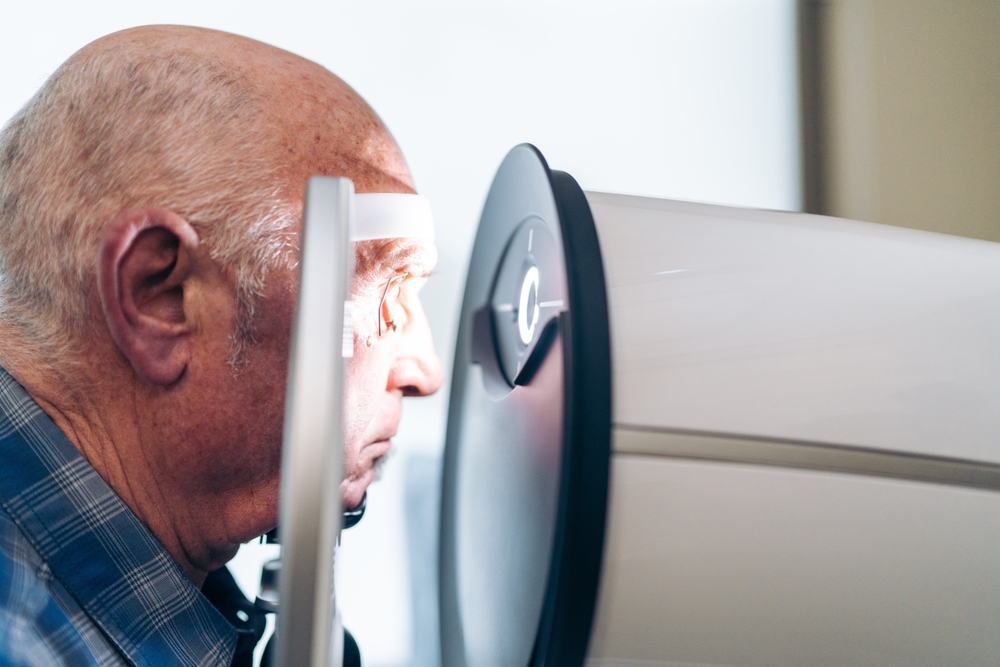
Living with diabetes requires regular care and monitoring, not only for blood sugar levels but also for eye health. Diabetes can cause serious eye complications that may lead to vision loss if not detected and managed early. That’s why diabetic eye screenings are an essential part of your healthcare routine.
Why Diabetic Eye Screenings Matter
Diabetes increases the risk of several eye conditions, including diabetic retinopathy, glaucoma, and cataracts. Among these, diabetic retinopathy is the most common and potentially sight-threatening. It occurs when high blood sugar damages the tiny blood vessels in the retina, leading to leakage, swelling, or abnormal blood vessel growth.
In its early stages, diabetic retinopathy may not cause noticeable symptoms, which is why regular screenings are critical. Early detection allows for timely treatment, reducing the risk of severe vision problems or blindness.
What to Expect During a Screening
A diabetic eye screening is a simple, painless exam performed by your eye doctor. It may include:
- Comprehensive eye exam: A full evaluation of your vision and eye health.
- Retinal imaging or dilation: Your pupils may be dilated so the doctor can examine the back of your eye for early signs of damage.
- OCT scans or specialized imaging: Advanced technology that helps detect subtle changes in the retina.
These screenings are quick and highly effective in catching eye disease early.
How Often Should You Have a Screening?
The Canadian Diabetes Association recommends that most people with diabetes have an eye exam at least once a year. However, your eye doctor may suggest more frequent visits depending on your overall health and eye condition. Staying consistent with these screenings is the best way to protect your vision for the long term.
Protecting Your Vision with Preventive Care
In addition to regular screenings, managing your blood sugar, blood pressure, and cholesterol plays an important role in maintaining healthy eyes. Combining medical care with healthy lifestyle choices and consistent eye checkups provides the strongest defense against diabetic eye complications.
Schedule Your Diabetic Eye Exam Today
Diabetic eye screenings are a vital safeguard for your vision. Early detection can make all the difference in preventing serious eye disease and preserving your quality of life.
Contact Brampton Eye Clinic to schedule your diabetic eye exam and take the next step in safeguarding your vision. Visit our office in Brampton, Ontario, or call (647) 348-9926 to book an appointment today.






